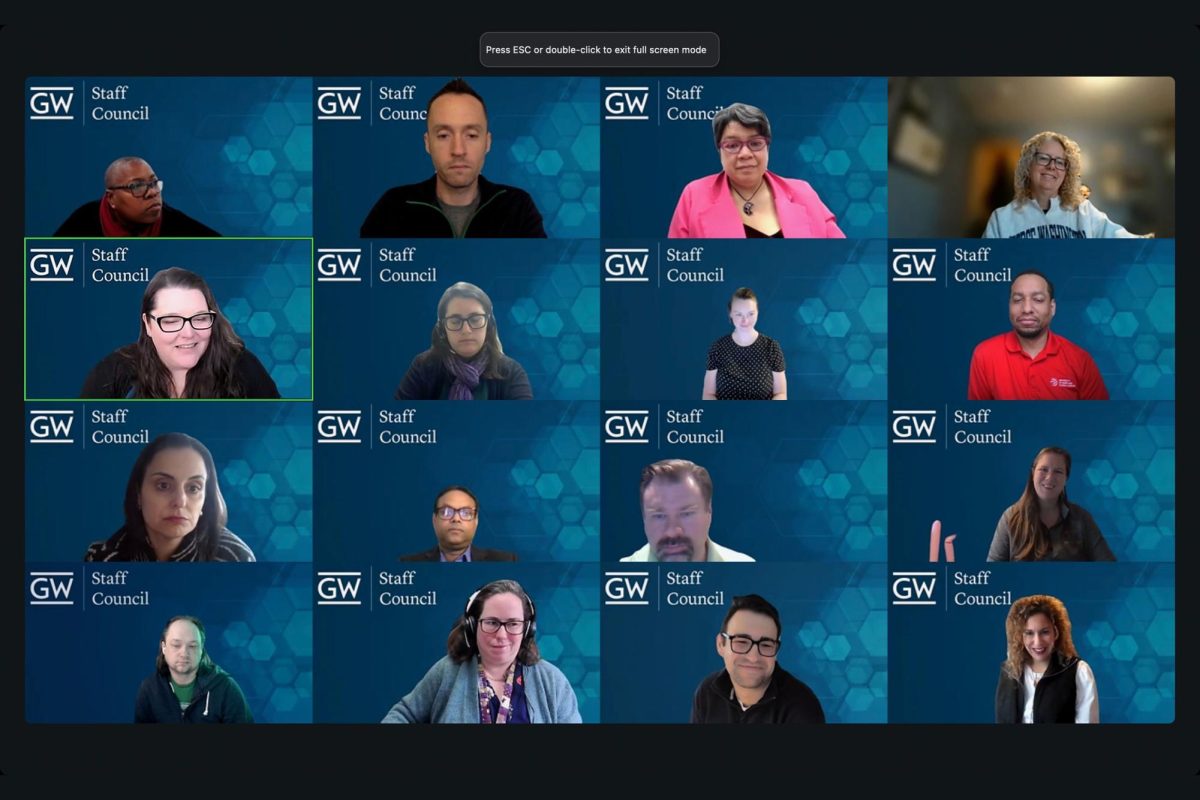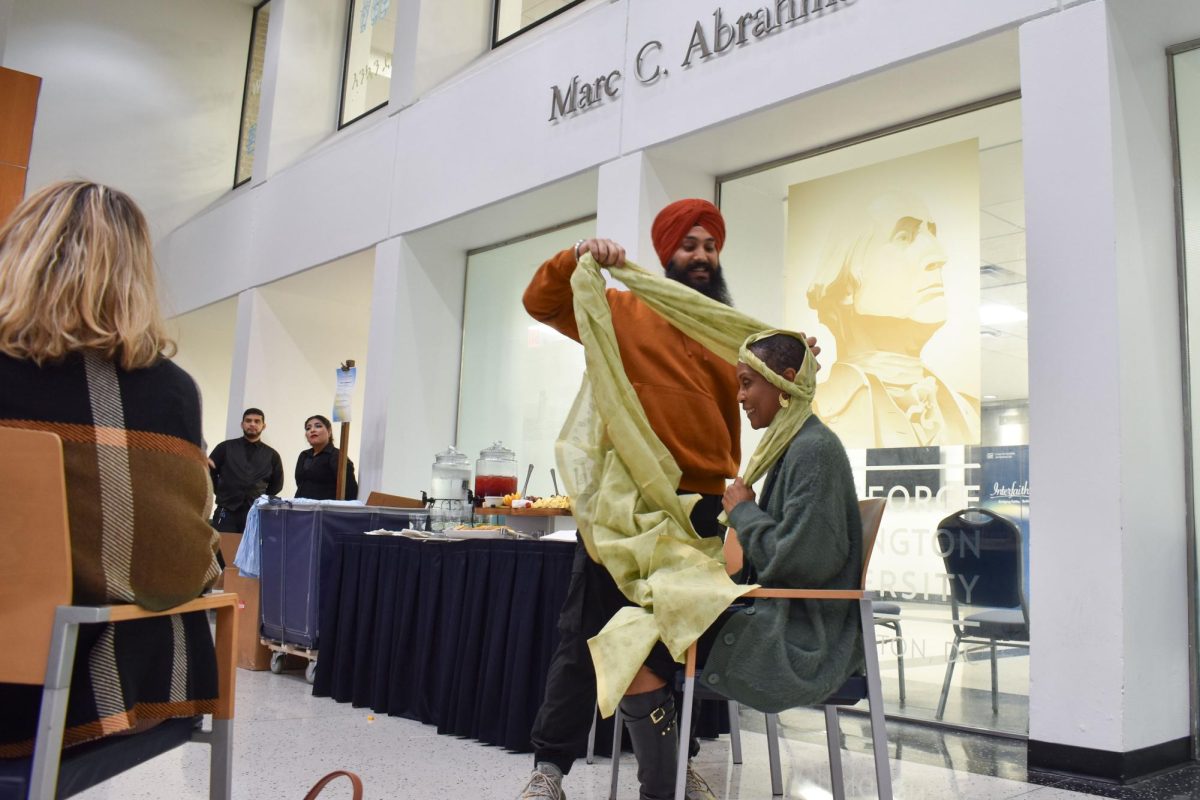The Staff Council met with representatives from the Office of Ethics, Compliance and Risk during their meeting Friday to discuss officials’ efforts to make the University more accessible for all community members.
The Staff Council met virtually with Senior Compliance Associate Aaron Howell and Associate Vice President Dorinda Tucker to discuss the office’s new priorities after they expanded the University’s Accessibility Committee’s scope during the spring to ensure they are complying physically and digitally with federal law that ensures fair treatment and equal opportunities for people with disabilities. Howell said the office broadened the scope of their compliance during last spring after the office received a complaint in 2017 that the University’s digital content was inaccessible for people with disabilities.
He said the office first created the Digital Accessibility Committee in 2020 to ensure that the University was digitally compliant with Section 504 of the Rehabilitation Act and Title II of the Americans with Disabilities Act, and officials changed the name to the Accessibility Committee and expanded the committee’s scope earlier this spring so they now oversee the University’s physical compliance. Howell also said the committee is made up of “senior level representatives” from across the University who guide the University’s efforts to move toward “seamless access” for all.
He said the committee also collaborates with stakeholders to address accessibility concerns, and they advise and advocate for solutions to compliance risks related to the ADA and Rehabilitation Act. Howell said anyone at the University can submit accessibility concerns that they are experiencing across the institution to on the Accessibility at GW website.
“This can be thought of as a general hub for accessibility initiatives here at GW,” Howell said.
Terry Carter, the council’s representative from the Office of Communications and Marketing, said OCM requires all community members who create digital content on behalf of the University to take a biannual 25-question training to help content managers create and deliver accessible content.
“If you have a base level knowledge of accessibility, which most people at the University that are already working on digital content do, the assessment should be pretty straightforward,” Carter said. “But I would still encourage you to review the training because we do update those periodically.”
Nicole Mintz, the chair of the Staff Experience Committee, encouraged staff members to submit an idea brief to propose new opportunities for the University and attend Community Conversations with officials to ensure staff initiatives are included in the University’s new strategic plan. Officials are currently in their conversation phase of the strategic plan development and expect to deliver the plan to the community in the spring or summer.
Mintz said last month that the Staff Experience Committee reviewed officials’ strategic framework — which will guide officials in shaping their new strategic plan — and concluded that officials didn’t recognize or incorporate staff perspectives into its outline.
Mintz asked council members to utilize the initiatives to get involved through the idea brief and encouraged them to share the resources with their colleagues.
“I encourage you to keep going and use this past year and a half as a momentum for the future,” Mintz said.
Staff Council President Bridget Schwartz said University President Ellen Granberg invited the presidents and chair of the Staff Council, the Faculty Senate, Student Government Association, the Alumni Association and other University leaders to a lunch in early December, which she said she will “report out” about afterward the lunch.





